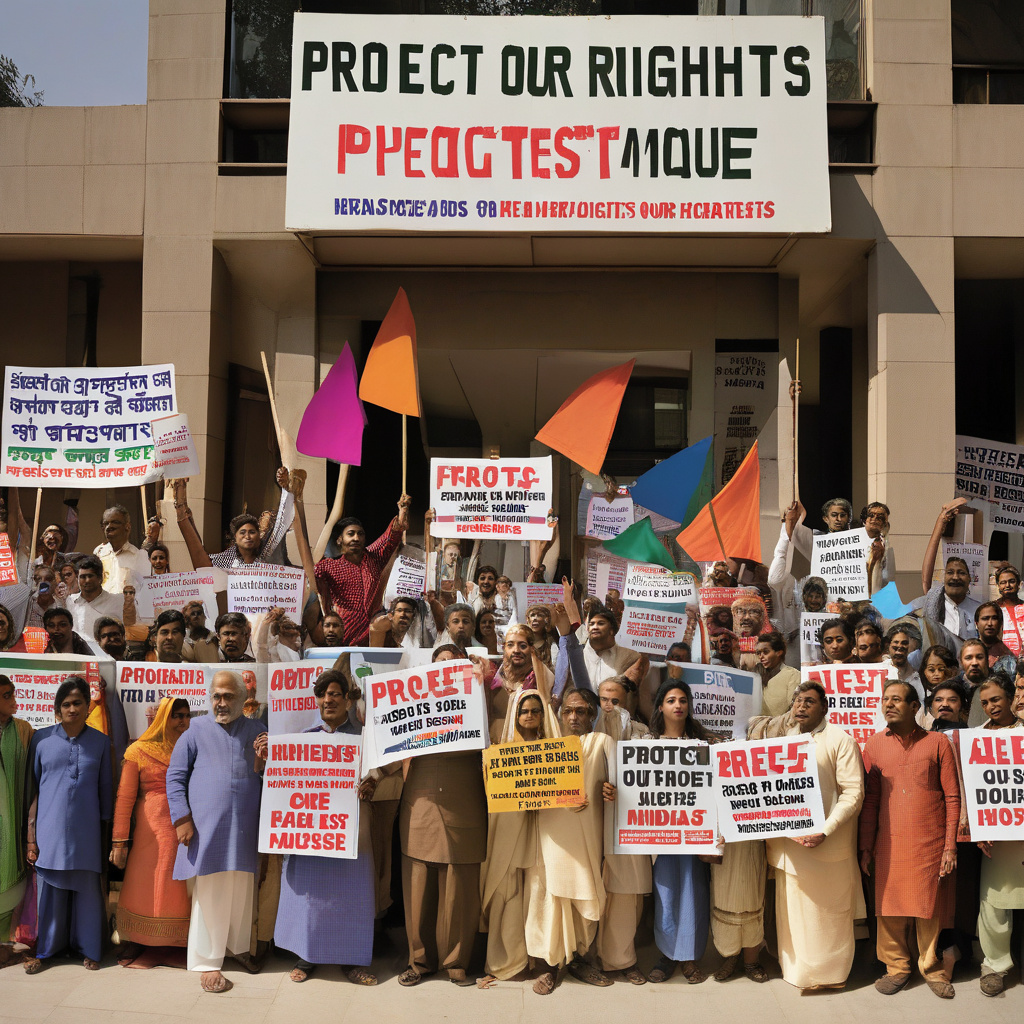The Clash of Titans: OpenAI vs. Indian Media Houses
In a dramatic turn of events, Indian media giants, backed by influential billionaires like Gautam Adani and Mukesh Ambani, have thrust OpenAI into the center of a heated copyright dispute. The allegations are serious: OpenAI stands accused of scraping and adapting copyrighted content from prominent Indian news publishers without consent. This legal showdown underscores a broader global trend where publishers are pushing back against AI models like ChatGPT for unauthorized content usage.
Mounting Allegations Against OpenAI
OpenAI, renowned for its groundbreaking ChatGPT, has staunchly refuted claims of copyright infringement, arguing that its AI systems operate within fair use guidelines by leveraging publicly available data. However, Indian publishers contend that OpenAI’s actions in India, especially in the absence of licensing agreements with local media houses, flout legal standards and jeopardize intellectual property rights critical for a vibrant democracy.
Broader Implications for the AI Landscape
The intervention of heavyweight Indian media houses in the lawsuit against OpenAI signals a pivotal moment in the evolving landscape of AI regulation. As the legal battle unfolds, observers anticipate precedent-setting outcomes that could reshape how AI companies navigate copyright issues in India. This case underscores the pressing need for updated copyright laws that can effectively govern the deployment of AI technologies, aligning innovation with robust legal protections for content creators.
Future of AI Copyright Compliance
The legal tussle between OpenAI and Indian media conglomerates mirrors similar challenges faced by AI firms globally, particularly in the US. The outcome of this high-stakes battle will likely influence how AI companies approach copyright compliance, potentially leading to stricter regulations and licensing requirements for training datasets. With the AI industry’s rapid expansion, finding a delicate balance between technological advancement and safeguarding intellectual property rights is paramount for fostering a sustainable innovation ecosystem.
In conclusion, as India emerges as a critical battleground in the AI copyright debate, the OpenAI saga serves as a crucial juncture in defining the responsibilities of AI entities in using proprietary content. With legal precedents taking shape and industry dynamics evolving, the resolution of this dispute will undoubtedly leave a lasting impact on how AI innovation intersects with copyright protection, shaping the future trajectory of technological development in the digital age.

